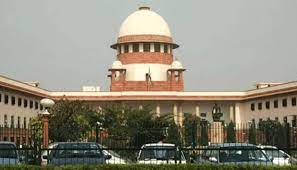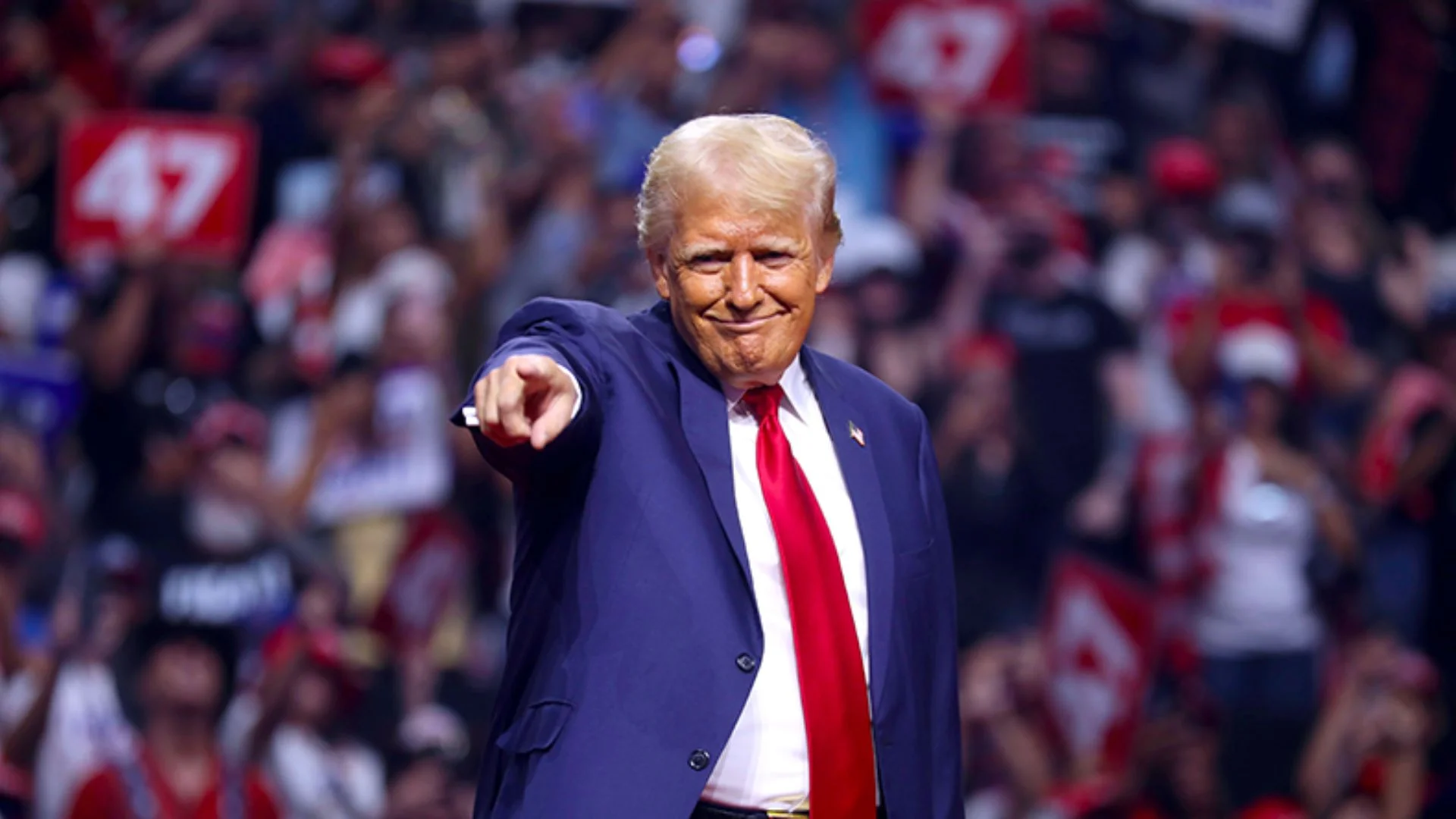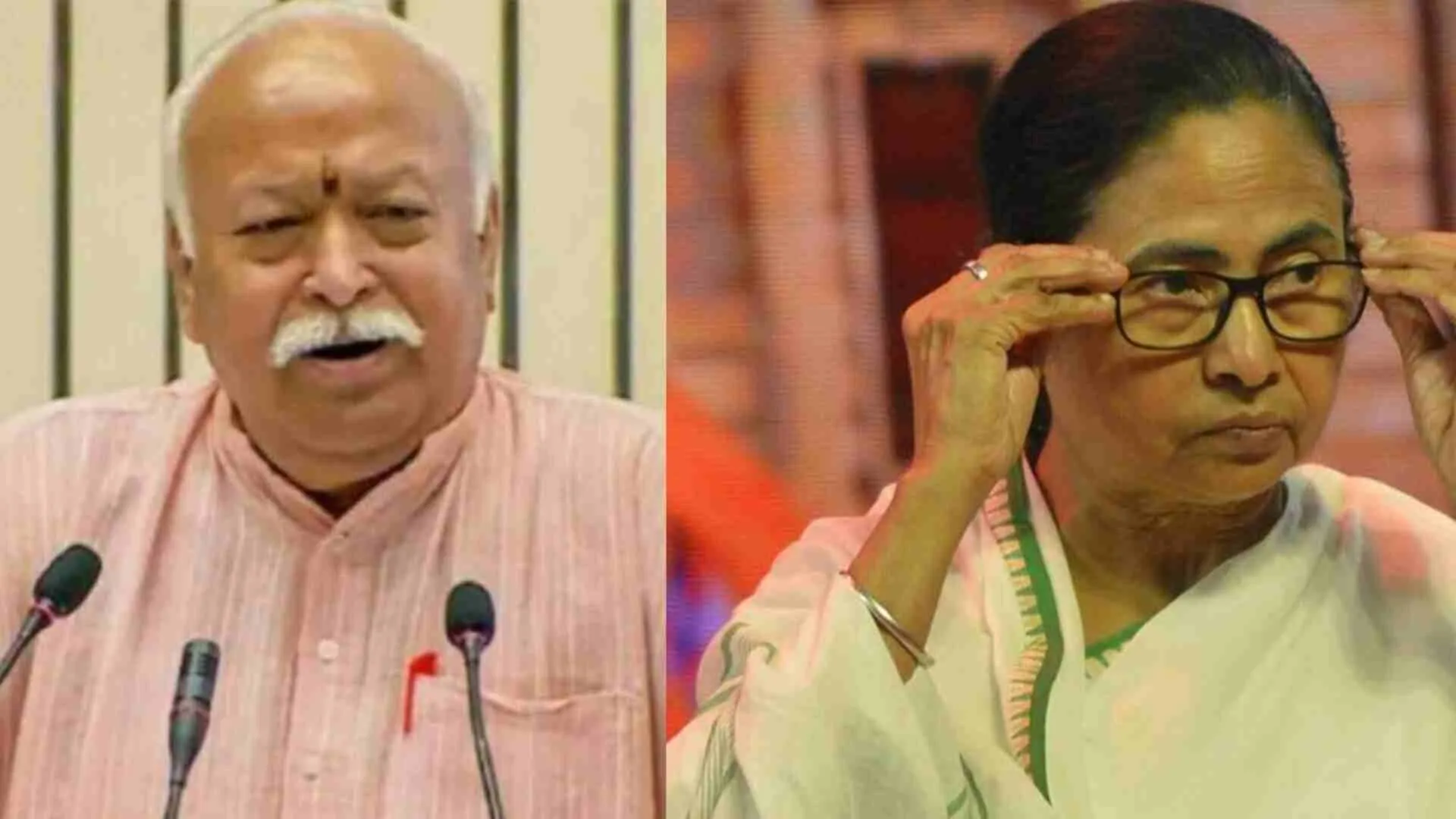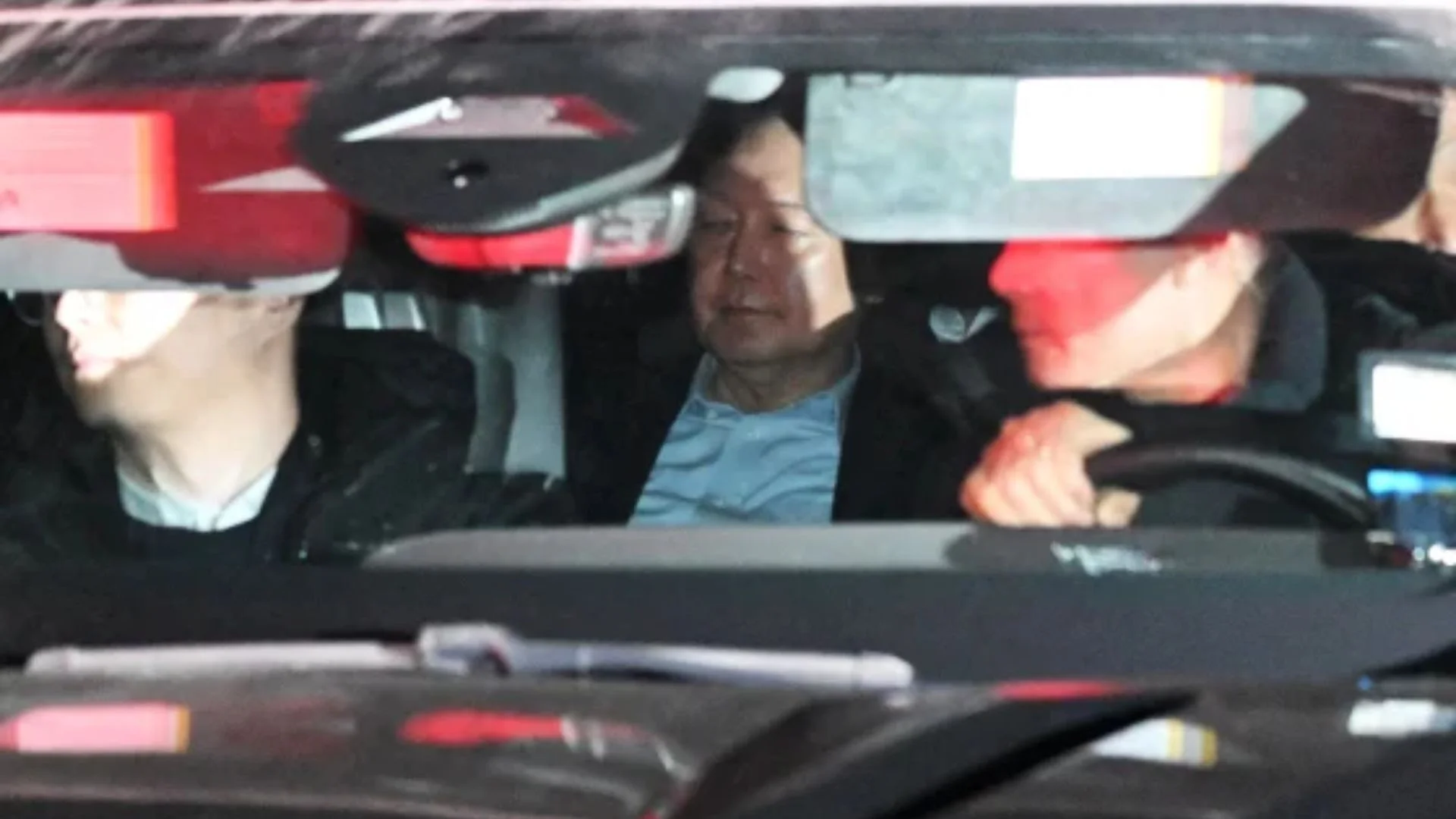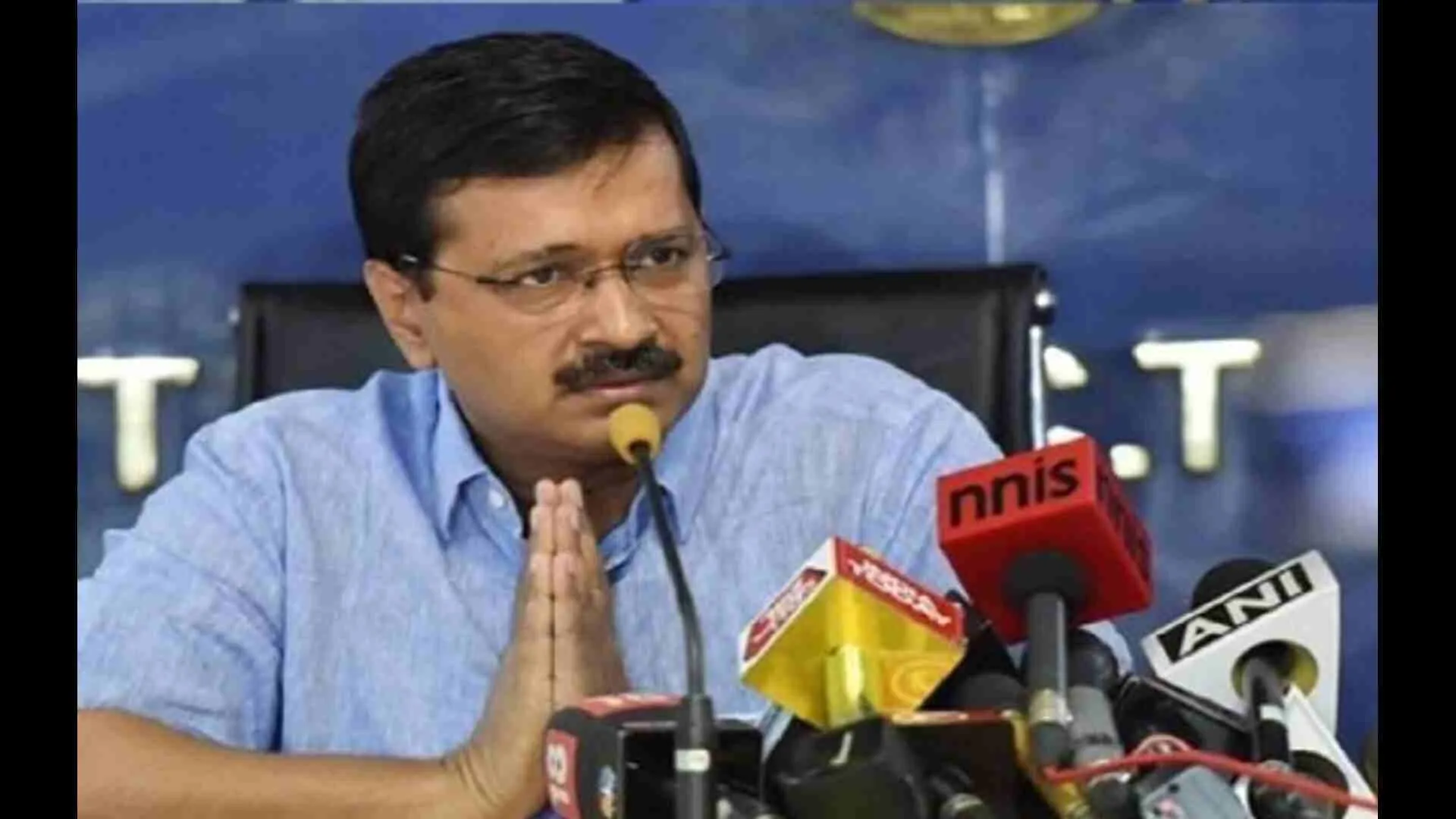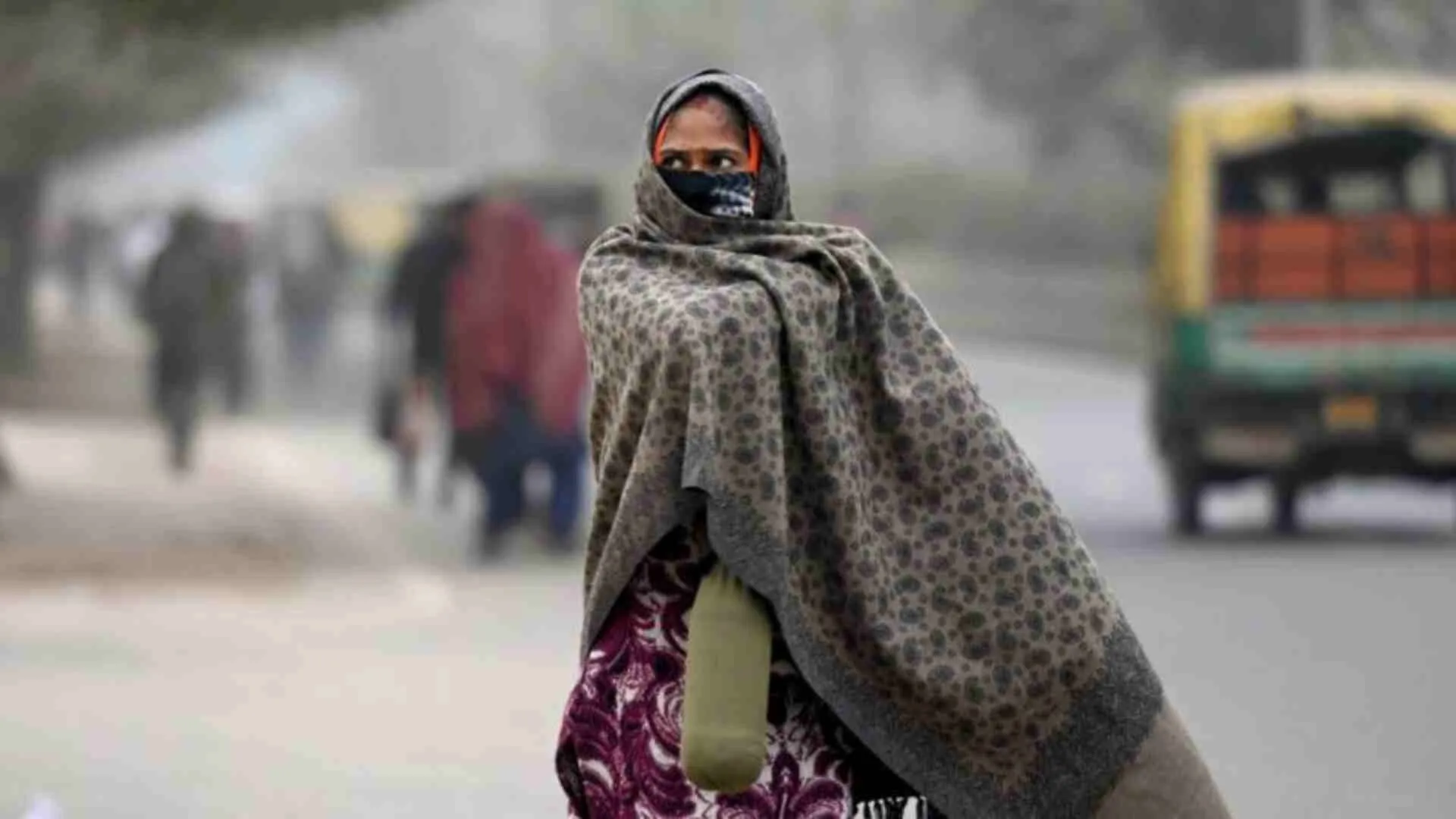The Supreme Court said on Tuesday it has to be alive to the fact that the concept of marriage has evolved and must accept the basic proposition that marriage itself is entitled to constitutional protection as it is not just a matter of statutory recognition.
A five-judge Constitution bench headed by Chief Justice D Y Chandrachud, while hearing arguments on a batch of pleas seeking legal validation for same-sex marriage, said it would be “far-fetched” to argue that there is no right to marry under the Constitution, which itself is a “tradition breaker”.
Senior advocate Rakesh Dwivedi, appearing for Madhya Pradesh, argued heterosexual couples have a right to marry in accordance with custom, personal law and religion. This has been continuing and that is the foundation of their right, he said, while repeatedly urging the court to leave the issue of according legal sanctity to same-sex marriage to the legislature. “There cannot be any denial of the fact that State has a legitimate interest in regulating the marriage. Undoubtedly. That’s how the state regulates the forms in which you can enter into a marriage,” said the bench, which also comprised Justices S K Kaul, S R Bhat, P S Narasimha and Hima Kohli.
“The state has various other interests so it regulates facets of a marriage. But we must accept the basic proposition that marriage itself is something which is entitled to constitutional protection and it is not just a matter of statutory recognition,” the bench observed, in the course of the hearing that continued on the eighth day.
Deliberating on the issue whether a person has a right to marry, the bench observed it has to start with the premise that there is no unqualified right.
It said right to free speech, right to association, right to personal liberty and right to life are not unqualified and, therefore, there is “no unqualified and absolute right”.
Justice Bhat observed inter-caste marriages were not permitted and inter-faith marriages were unheard of 50 years ago.
“The Constitution itself is a tradition breaker because for the first time you have brought in Article 14. So if you have brought in Articles 14, 15 and most importantly 17, those traditions are broken,” Justice Bhat said.
While Article 14 deals with equality before law, Article 15 pertains to prohibition of discrimination on grounds of religion, race, caste, sex or place of birth. Article 17 of the Constitution deals with abolition of untouchability.
“If those traditions are broken, what is held hallowed in our society in terms of caste? We made a conscious break and said we don’t want it. We have gone to the extent of encapsulating and outlawing untouchability in the Constitution,” Justice Bhat observed.
“But at the same time let us be alive to the fact that the concept of marriage has evolved which you yourself said,” he added.

